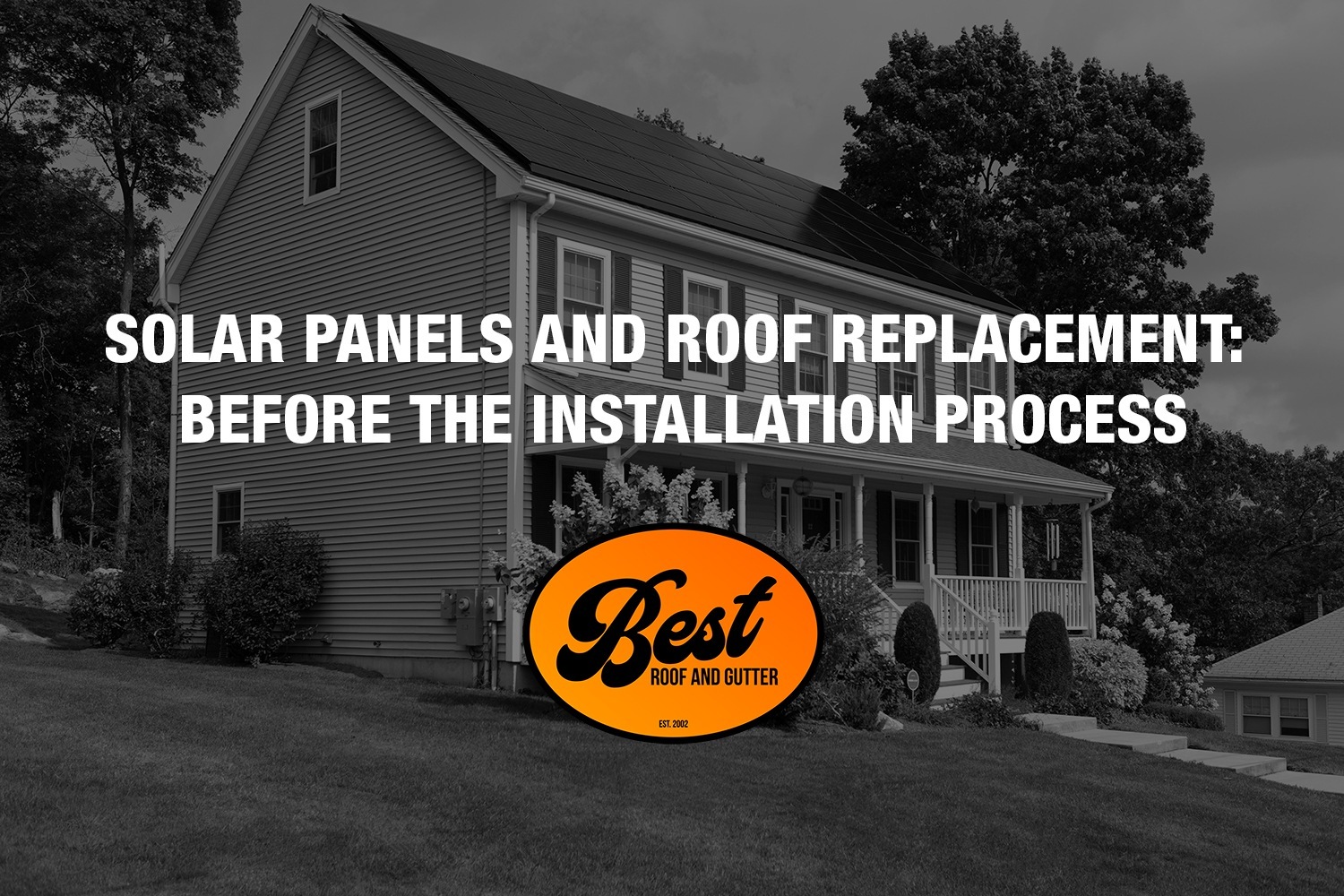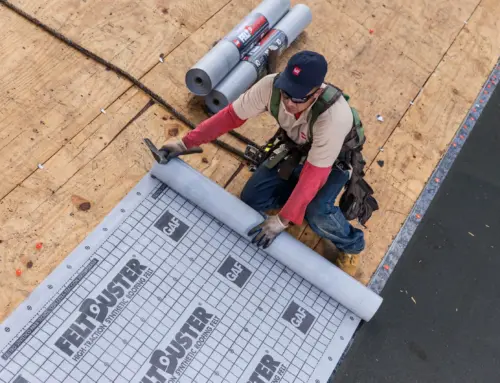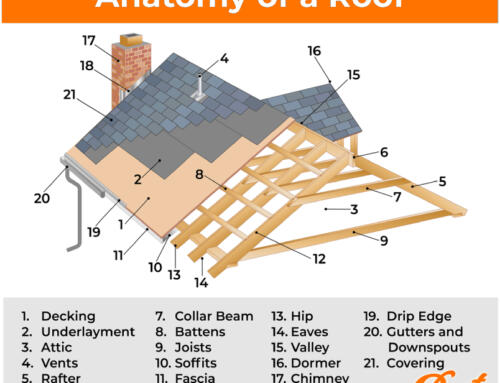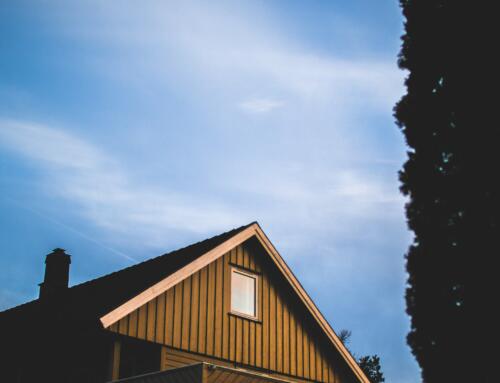Before beginning a solar panel system installation, many steps are required to ensure your property is suitable and capable of supporting the equipment. One of the first and most important areas to address is the condition of your roof. This article will discuss the areas of your roof that require close attention, as well as the best way to ensure your roof can support a solar panel system.
Inspect the Structure of Your Roof
While there are many steps to take before starting a solar panel installation project, one of the first considerations is the condition of your roof. Many municipalities require a thorough inspection of the roof’s structural components to verify the roof’s integrity. This is required to ascertain whether the roof system can support the additional weight of the solar panels and related equipment.
Examine the Roof Covering
While it is not necessarily required that you replace, repair, or inspect the roof covering of your property, it would be wise to do so before installing the solar panel system. Since solar panels attach to mounts that attach to the roof system, it would not make sense to install new solar panels on a leaking roof or one you expect to replace in a few years. Doing so would require absorbing the costs to remove the solar panels, as well as their reinstallation after repairs to the roof, were made. In addition, it could void manufacturer warranties and put your solar equipment at additional risk if something were to happen during the disconnection or reinstallation of the solar equipment.
Solar Panel Mounting Options
If your roof fails to pass the structural requirements of your municipality or the expense of replacing the roof is just too much to absorb in your budget, it does not necessarily close the door on solar power for your property. When land space is available, you can opt to install a solar racking system on the property to support the solar panels. While this adds additional expense to the cost of the solar equipment, it would be far less expensive when compared to roof replacement or structural repairs to the roofing system.
Many types of solar ground mounts, posts, and even solar tracking systems are available to accommodate a wide range of scenarios. Solar tracking systems are a very efficient means for solar panel mounting as the system is designed to track and follow the sun. This keeps your solar panels in the most effective position to produce solar power throughout the day and increases their efficiency significantly.
When To Consider A Roof Repair Or Replacement
If your roof is leaking, it should be repaired or replaced regardless of solar panel installation to both protect your investment in the home and personal property. The best way to determine if your roof can be repaired or if it requires total replacement is by hiring a licensed roofing contractor to inspect the roofing system. This should be done before investing in the first piece of solar equipment to give you an idea of the additional costs you could incur. With that being said, the less obvious signs —aside from leaking— that point to roof repair or replacement are:
- Missing shingles, tiles or shakes
- Excessive loss of granules designed to protect the asphalt roof surface
- Curling of the shingles or tabs around their outer edges
- Cracked or loose roofing tiles
- Rusting flashing or metal roof material
- Exposed nail heads throughout the roof covering
- water damaged or rotten fascia boards and soffits
- Any signs of leakage such as stained ceilings, mold and/or mildew growth on ceiling/walls
By ensuring that your roof is sound before solar panel installation, you will save thousands in the long term by avoiding the additional costs of solar panel removal and reinstallation. In addition, you will also enjoy peace of mind knowing that your investment in solar power is built upon a solid foundation.
Call Best Roof And Gutter At:(720) 443-5386





